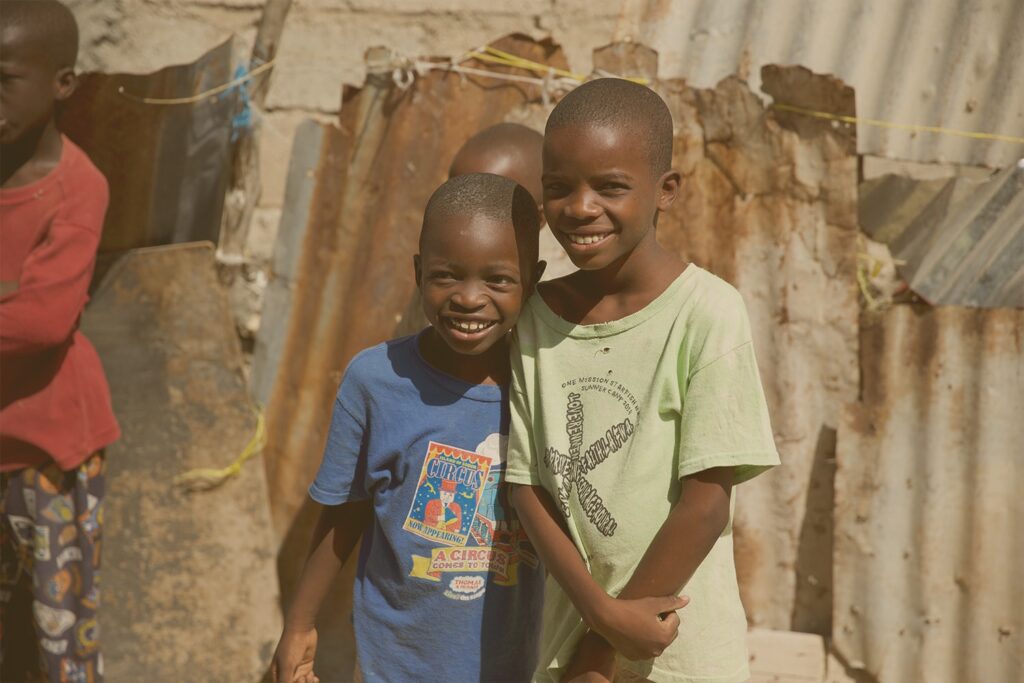A Better Way Forward
Strengthening Families and Communities
By better channeling existing donations, we can support these vulnerable children at home, directing funds away from orphanages and into the communities where they live, providing the economic, health, and education services they need. We can completely transform systems of care and establish community-based services to prevent these orphanages from ever taking root in the first place. Furthermore, community-based services—a better investment for donors—are more cost-efficient than residential care, protect children, and preserve families for generations. The beautiful truth is this: placing children into orphanages is generally preventable. By giving communities options and creating strong families, we can change the lives of Haiti’s children and give them strong beginnings and the futures they deserve.

